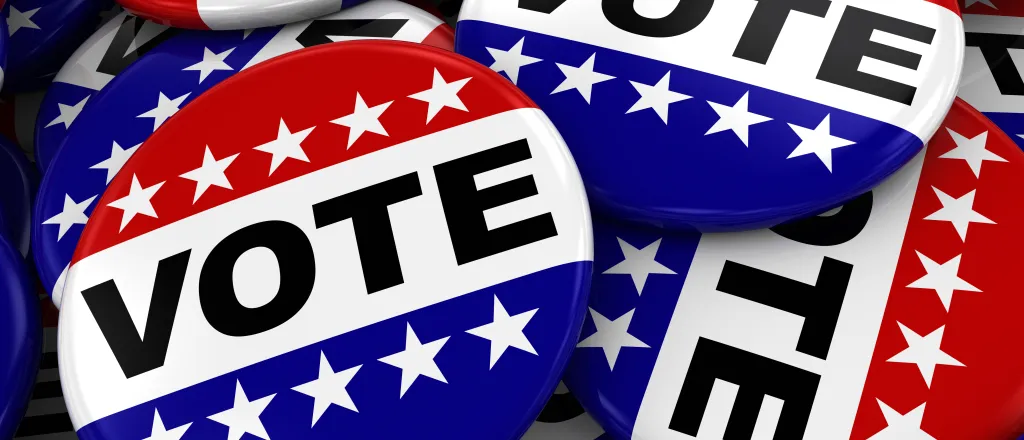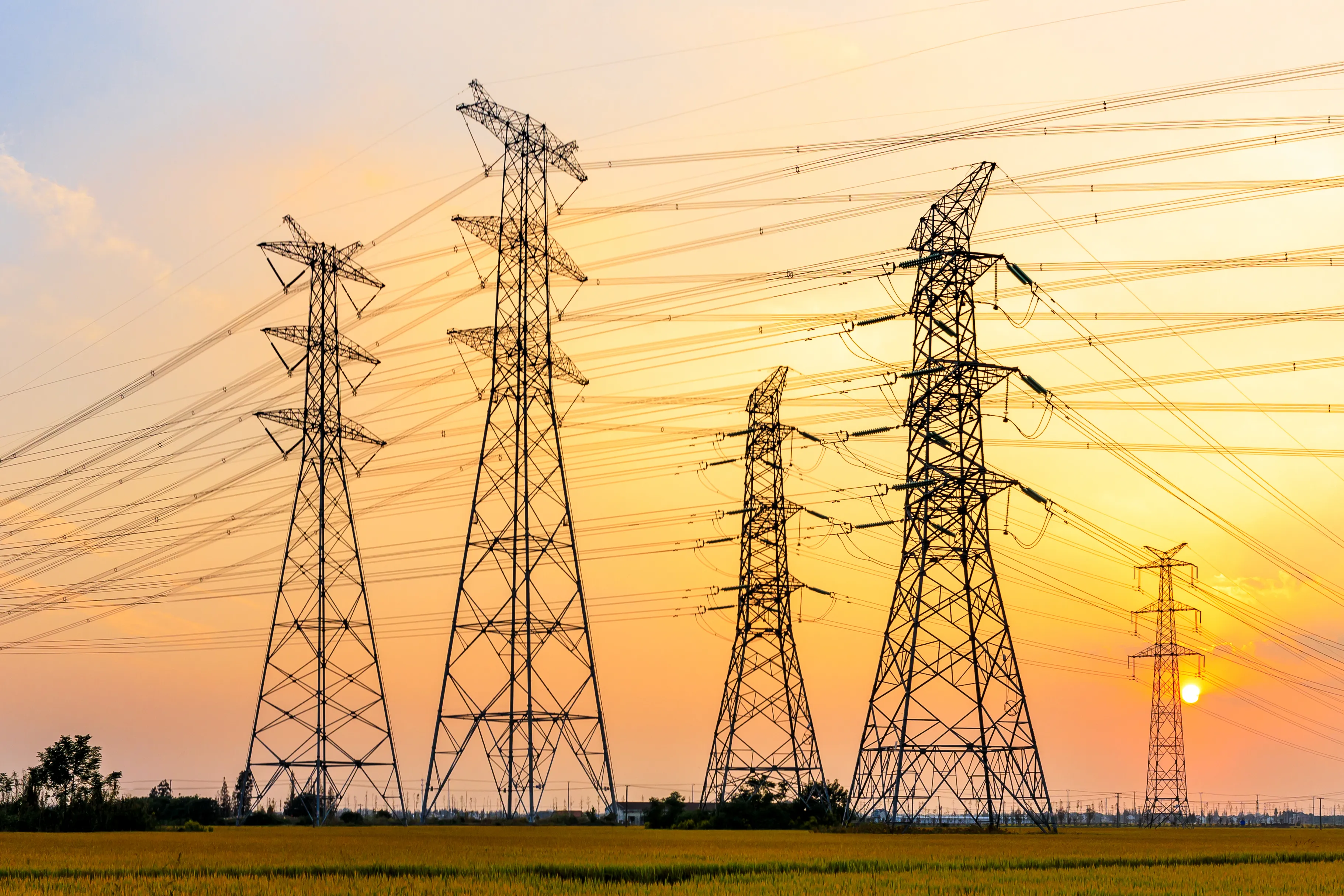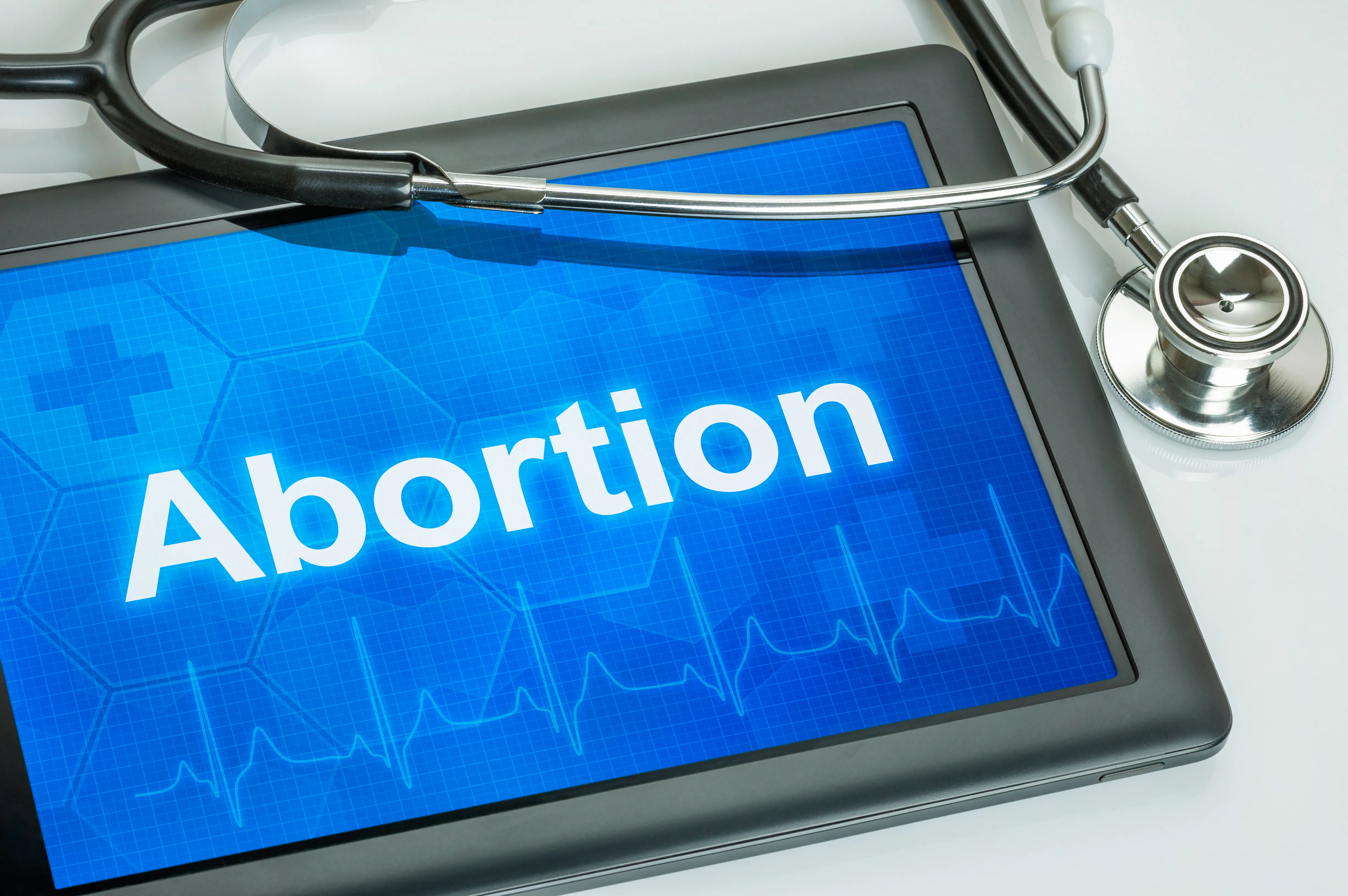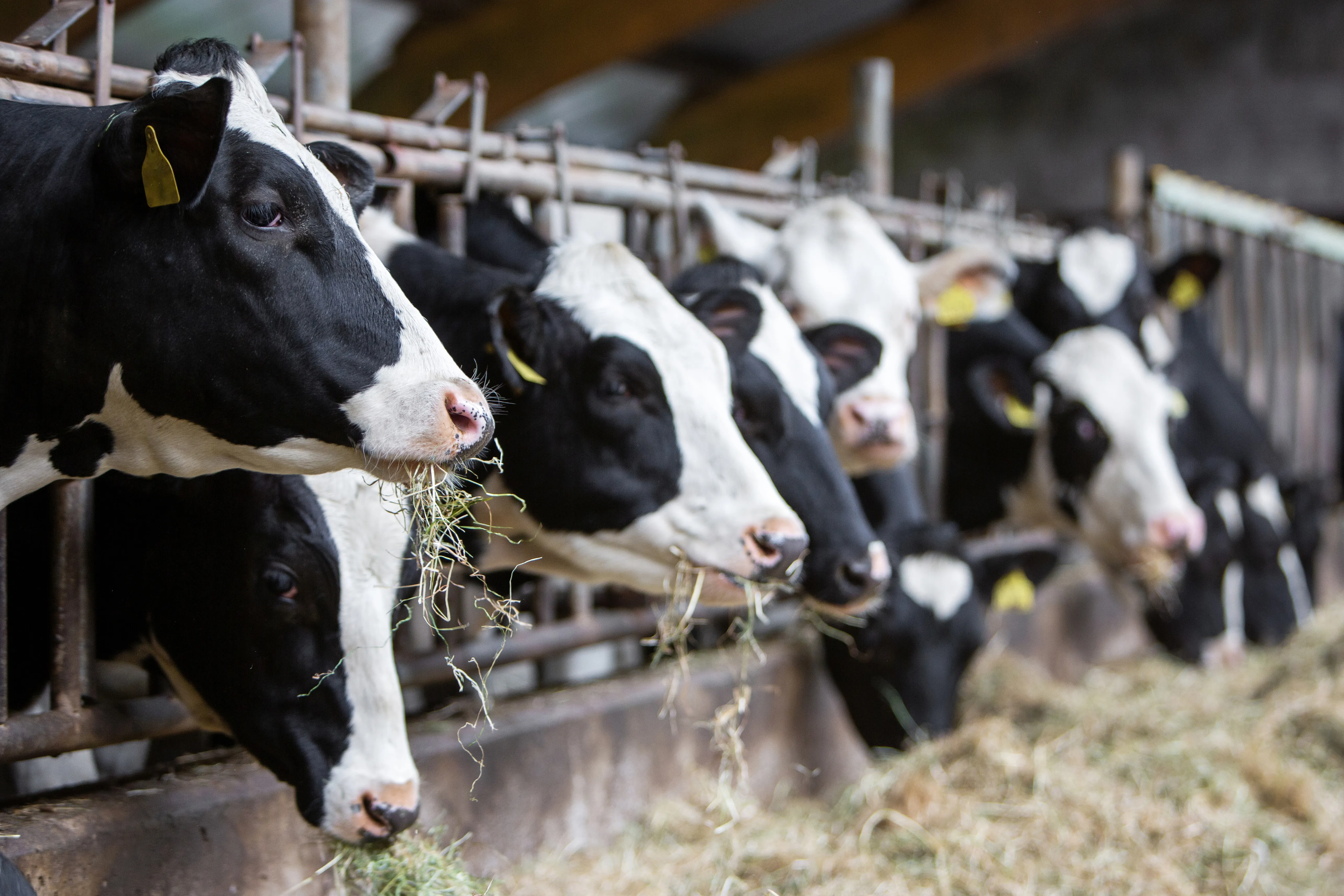
Glitches in Texas primary as new laws restrict how, when ballots are cast
© iStock
(Texas News Service) With new restrictions in place, Texans will vote March 1 in the nation's first primary to choose candidates for the November ballot. Republicans and Democrats will make their choices for District-based congressional and legislative offices, the State Board of Education and judicial seats.
The state's significant overhaul of voting rules has already resulted in glitches.
David Becker, executive director and founder of the Center for Election Innovation and Research, believes early voting problems illustrate the need for legislative and other responses to strengthen the guardrails of democracy.
"In this delicate time for American democracy, and I do think we're as much in crisis in American democracy as we've ever been perhaps in modern American history," Becker remarked.
Texas election administrators already have rejected hundreds of vote-by-mail applications. They say there is confusion over new ID laws requiring people to provide either a partial Social Security number or a driver's license number on their application for a mail-in ballot, and the number must match the identification on their voter registration, which many do not recall.
Ahead of the 2022 midterm elections, Becker also is worried about poll workers who have faced threats and harassment in some states from election deniers who doubt President Joe Biden's victory in 2020.
He argued ongoing efforts in certain states to decertify the 2020 election may disenfranchise many voters.
"They've been fed a constant, steady diet of lies about the election, about how their fellow citizens, their friends, their neighbors, their members of their family... are their enemies," Becker contended. "These are the kind of things that cripple a democracy and leave a vacuum for autocracies to fill."
A Texas man was recently arrested in Travis County for allegedly sending threatening election-related communications to government officials on Jan. 5, 2021. It's the first criminal case brought by the Justice Department's Election Threats Task Force.
Support for this reporting was provided by The Carnegie Corporation of New York.

















